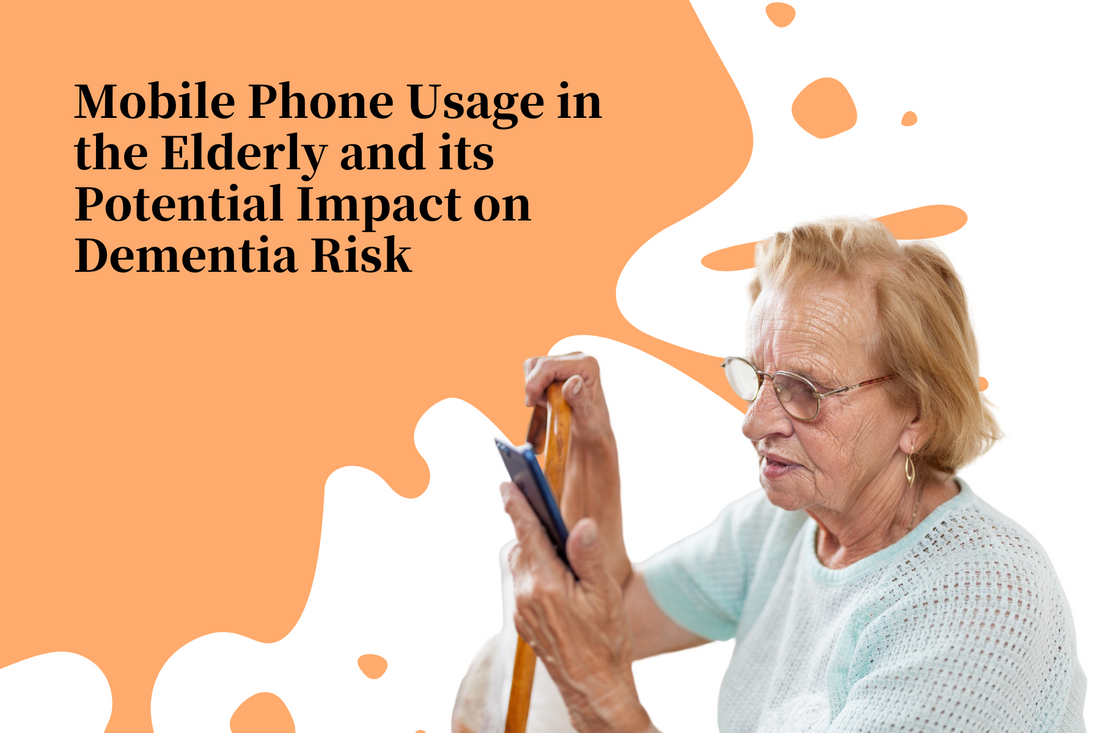Mobile Phone Usage in the Elderly and its Potential Impact on Dementia Risk
In the light of growing research and evolving understanding of dementia, we explore an intriguing question: "Does the frequent use of mobile phones in the elderly increase the risk of dementia?"
The short answer, with some nuances, is that frequent mobile phone use may increase the risk of dementia. This, however, hinges on the manner of phone usage.
Protecting our brain health is essential and can be achieved through three main avenues. Firstly, frequent mental stimulation such as an active engagement with information. Secondly, maintaining the health of our brain's "supply pipeline", which can include managing weight and health conditions like high blood pressure, cholesterol, and blood sugar, as well as ensuring regular physical activity. Lastly, protecting the brain from direct damage, like injuries or exposure to harmful substances.
The question, then, is how does mobile phone usage fit into this picture? The issue arises due to several reasons. Firstly, mobile phone usage often reduces the time available for physical activities - an essential component of maintaining brain health. Secondly, the kind of information elderly individuals engage with on their mobile devices matters.
This notion has roots in studies conducted over the last two decades, where researchers examined the impact of TV viewing habits on dementia risk in the elderly. Findings suggested that if elderly individuals engaged with intellectually stimulating content such as documentaries or science programs and controlled their viewing time, it had a positive impact. On the contrary, watching soap operas or advertisements, which require less mental engagement, increased the risk of dementia.
The same principle applies to mobile phone use. Passive consumption of information, such as scrolling through social media feeds without much thought, can lead the brain to switch to a "low-power mode," thus decreasing mental stimulation. However, actively using the mobile phone for engaging activities such as playing mentally stimulating games or tracking stocks can potentially help, as long as the time spent is controlled.
A noteworthy point is that the most positive mental stimulation comes from diverse activities that promote thinking, such as working, learning something new, exploring a new city, or engaging in hobbies like painting, sculpting, or writing a diary.
In conclusion, while mobile phone usage in the elderly may increase dementia risk, the kind of activities they engage in on their devices and the time spent can greatly influence this outcome. Balancing mobile phone usage with physical activity and other mentally stimulating activities can potentially help mitigate this risk.


